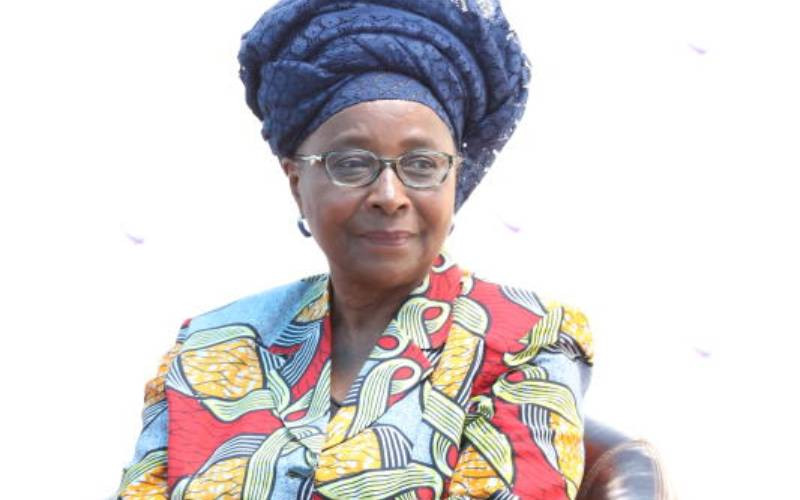×
The Standard e-Paper
Join Thousands Daily

In a poem titled Speaking of Hurricanes, the late Ama Ata Aidoo celebrates Prof Micere Githae Mugo, somewhat equating her achievements and that of other African exiles, with the force of hurricanes.
Well, those are the endearing words of an African literary heroine to a fellow African literary heroine. And when Aidoo breathed her last at the end of May, the reverberation, around the world, came with the force of a hurricane.